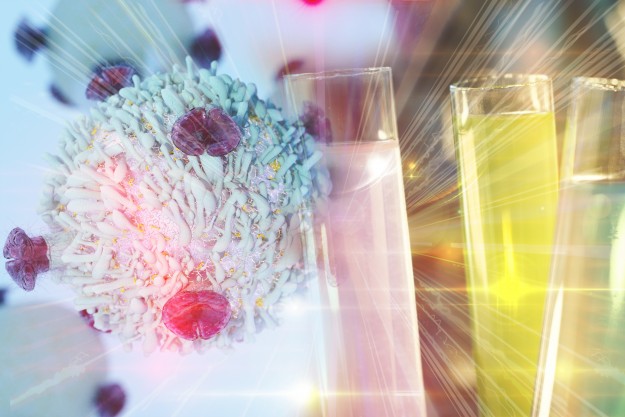*Update Aug. 30, 2017 - The FDA has approved the CAR-T therapy tisagenlecleucel for certain leukemia patients.
News of an FDA advisory committee that has reviewed one pharmaceutical company's approach to engineering a cancer patient's own T-cells, the so-called soldiers of the immune system, and injecting them back into patients with astounding success has prompted questions on the therapy's safety and the company's ability to reliably custom-engineer each patient's T-cells.
“The success of CAR-T in pediatric leukemia is the ability to dramatically eliminate disease in patients who had previously failed most standard treatments, and, in general, have a very poor prognosis. This high response rate is associated with significant toxicity, especially in the patients that ultimately show a benefit from the treatment. Major questions still unanswered are how durable these responses will be, whether the toxicity can be reduced while still maintaining the activity and thus whether the treatment can be given to a broader patient population in nonacademic hospital settings,” says Ivan Borrello, M.D., an associate professor at the Johns Hopkins Bloomberg~Kimmel Institute for Cancer Immunotherapy.
Borrello has long studied how to collect T-cells from their hiding spots within the blood and bone marrow, and coax them into becoming better cancer cell killers. Several approaches to this type of therapy, including two currently under review by the FDA, use T-cells found circulating throughout the blood. Therapies made from these cells are called CAR-T, which stands for chimeric antigen receptor T-cells.
However, Borrello wasn't satisfied with how well the blood-derived T-cells were able to specifically home in on tumor cells. He found similar T-cells located in the bone marrow, where cancers of the blood are born. These cells, called marrow-infiltrating lymphocytes or MILs, are better equipped to recognize certain proteins on the surface of tumor cells, he says.
For the past decade, Borrello and his team at Johns Hopkins have led clinical trials to engineer MILs fished out of the bone marrow of patients with multiple myeloma, a cancer of white blood cells. Results, published in 2015, of the first trial of 22 patients who received MILs therapy along with a standard stem cell transplant showed that 13 of the 22 had a partial response to the therapy. Two more trials are ongoing.
He believes the MILs approach to T-cell therapies may be safer than CAR-T. "There have been no trends of major toxicities," he says. But therein lies a problem. Some toxicities, such as the so-called cytokine release storm, may actually rev up the immune system, improving its ability to find and destroy cancer cells. Borrello says it's a delicate balance to find the right amount of toxicity that will not overwhelm patients. He's working to find that balance in the current clinical trials, and potentially, he says, provide a new frontier for T-cell therapies.

Is this something for those diagnosed with multiple myeloma may be able to benefit from as well?
Hello,
As you know immunotherapy drug Keytruda has successfully achieved destroy cancer and approved by FDA. Is that means your "The Hoax: A Strong Immune System Destroys Cancer" study definition was wrong? (http://www.hopkinsmedicine.org/kimmel_cancer_center/news_events/featured/cancer_update_email_it_is_a_hoax.html#strong immune system)
Please advise. Thanks!
Hello and we're glad you've heard about recent successes with immunotherapy in cancer. In fact, immunotherapy does exactly what is written in the Q&A on the hoax email that you refer to. It helps the immune system recognize cancer. So, our response remains correct.
Thank you,
Vanessa Wasta
Office of Public Affairs
Comments are closed.